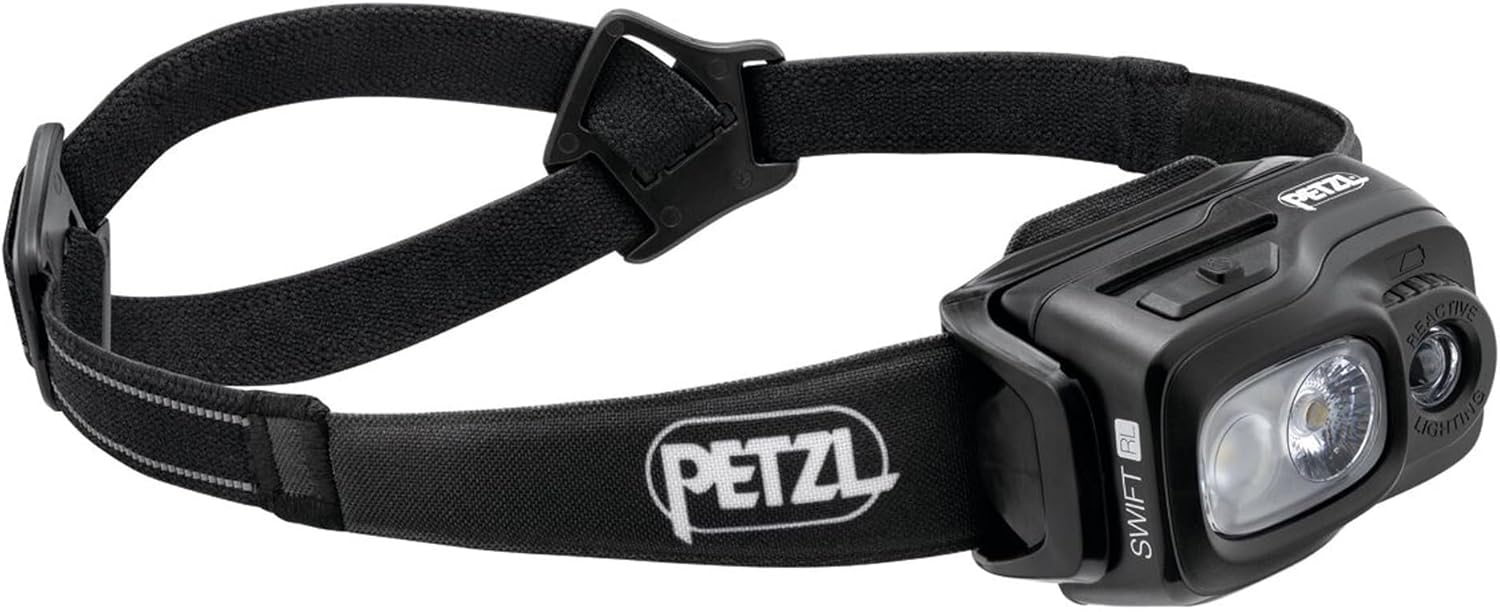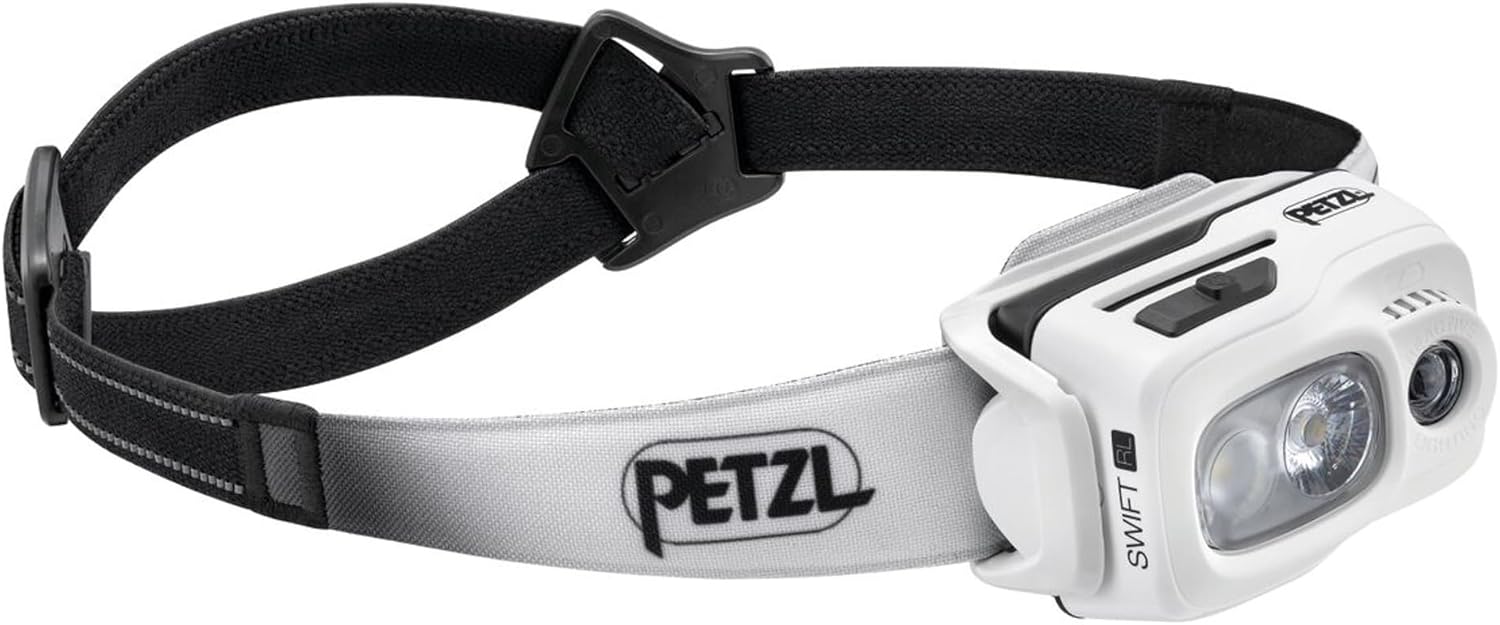FBI Leadership Under Fire For Polygraph Waivers
FBI Deputy Director Dan Bongino and two senior officials received unprecedented polygraph waivers to access top secret information, sparking concerns over security and oversight.

Photo by Garrige Ho/South China Morning Post via Getty Images)
WASHINGTON, D.C. The FBI is facing scrutiny after Director Kash Patel granted rare waivers that allowed Deputy Director Dan Bongino and two other senior bureau officials to access top secret information without completing required polygraph examinations, according to a former senior FBI official and several government sources familiar with the matter.
Bongino, a former Secret Service agent and conservative media personality, now serves as the FBI’s second highest ranking official. He oversees daily operations, surveillance approvals, coordination with intelligence partners and the activities of all 56 FBI field offices. His position gives him access to some of the most closely held intelligence in the United States, including the President’s Daily Brief. According to people familiar with the bureau’s vetting standards, his rise without completing the standard background process is unprecedented.
Four individuals with direct knowledge of the issue told ProPublica that Bongino’s polygraph status raised concerns shortly after he took the position. It remains unclear whether he took the exam or what the results were. A waiver may indicate that his test produced issues, although a former senior FBI official said that a preemptive exemption is also possible. The controversy has intensified internal debate over whether senior officials are being given access to highly sensitive information without meeting traditional security standards. Some staff compared the process to using high reliability safety tools in physical risk management, such as the PETZL ASAP Lock Fall Arrester Rope Grab ANSI, where skipping standard protocols could have severe consequences.
FBI spokesperson Ben Williamson disputed the allegations and stated that none of the officials failed their polygraphs. He said the article in question misrepresented polygraph protocol and mischaracterized FBI security practices. He declined to specify which details were incorrect.
FBI guidelines state that all personnel must obtain a Top-Secret clearance. This process includes a full background check and a polygraph exam. Williamson initially suggested that the senior appointees’ Schedule C political status exempted them from standard procedures. However, national security lawyers have stated that Schedule C status does not remove an individual from polygraph requirements.
PETZL Swift RL Headlamp Black/White, 1100 lumens with Reactive Lighting
Two other officials received waivers. Marshall Yates, who serves as the bureau’s liaison to Congress, and Nicole Rucker, the personal assistant to Director Patel. Both had polygraph results that were inconclusive or insufficient, according to official's familiar with the matter. Neither individual previously worked at the FBI.
Several former FBI officials said they could not recall any senior bureau leaders receiving similar waivers in the past. Under former Director Christopher Wray, only one waiver was approved across seven years, and that case involved an outside expert with inconclusive results.
A whistleblower inside the FBI Security Division filed a formal complaint alleging that the waivers violated bureau policy. The complaint was also shared with the Department of Justice Office of the Inspector General.
During a Senate Judiciary Committee hearing in September, Senator Dick Durbin raised concerns about senior executives receiving disqualifying alerts during their polygraph exams. Patel declined to answer when asked whether anyone on his leadership team received such alerts. He also declined to say whether he or Attorney General Pam Bondi had granted any waivers.
Despite the controversy, Bongino, Yates and Rucker all obtained Sensitive Compartmented Information clearances, providing access to some of the most restricted intelligence programs in the federal government.
The issue comes as Patel carries out a broad removal of career FBI personnel. More than 50 bureau officials have been fired or pushed out since January, including counterterrorism and intelligence veterans as well as agents involved in January 6 and Trump related investigations. Patel has defended the removals based on presidential authority, although several of the decisions are now being challenged in court.
Former acting FBI Director Brian Driscoll filed a lawsuit in September accusing Patel, Bondi and the FBI of political loyalty tests and unlawful termination. The FBI has not publicly responded.
Bongino’s tenure has been marked by disputes with Cabinet officials and accusations, which he denies, that he leaked information. Although former President Donald Trump appointed Missouri Attorney General Andrew Bailey as co deputy director earlier this year, sparking speculation that the White House had concerns about Bongino, he remains in the role.
Yates has been responsible for responding to inquiries from Senate Judiciary Chairman Chuck Grassley. Grassley has released internal FBI documents that he claims show past investigative misconduct. Sources say Yates contacted field offices requesting lists of employees involved in investigations related to Trump, and several of those employees were later removed.
Rucker joined the bureau on January 20 without a security clearance. She was escorted to the secure director’s suite by Robert Turner of the Security Division until she received proper clearance. She later traveled with Patel to London and sat in on a sensitive meeting with an allied intelligence partner, according to a source familiar with the trip.
Although the FBI spokesperson answered questions about the polygraph issue, Patel, Bongino, Yates, Rucker and Turner did not respond to direct requests for comment.
Durbin said in a statement that reports of senior FBI officials receiving disqualifying polygraph alerts and staying in their positions through personal waivers are deeply alarming.
Polygraph exams have been part of FBI hiring since 1994. The devices measure physiological responses while subjects answer questions about criminal history, drug use, foreign contacts and handling of classified material. Results classified as deceptive or inconclusive prevent an applicant from being cleared unless they are retested and pass.
Polygraphs are part of the broader national security vetting system used to protect sensitive intelligence sources and methods. Employees working in the director’s suite must also obtain an additional clearance known as Sensitive Compartmented Information. Bongino, Yates and Rucker all received this level of access after being granted waivers. Speaking of ensuring safety and following proper protocols, some officials compared the rigor of FBI clearance procedures to using equipment like the PETZL ASAP Lock Fall Arrester Rope Grab ANSI, where skipping safety checks can create serious risks.
Editor’s Note:
This article highlights concerns over the FBI’s handling of polygraph requirements for senior leadership, including Deputy Director Dan Bongino. We have included all verified details from multiple sources, and the report aims to provide a clear picture of the unprecedented waivers, internal complaints, and potential implications for national security.













